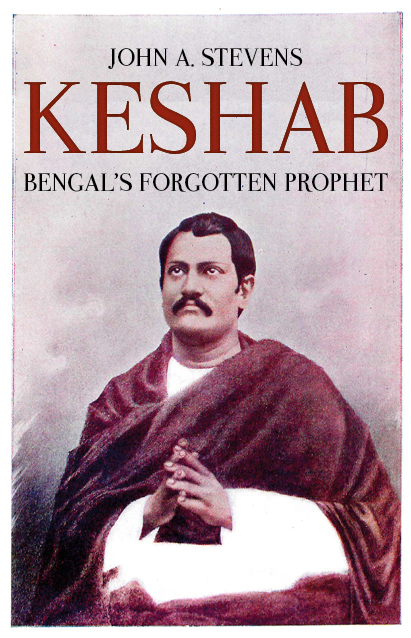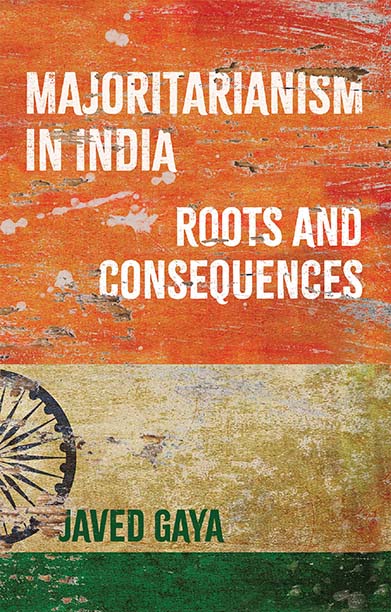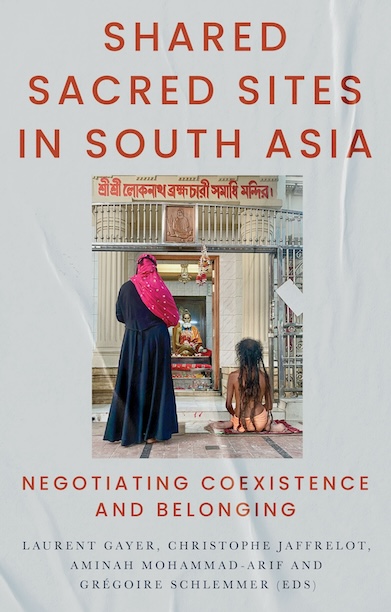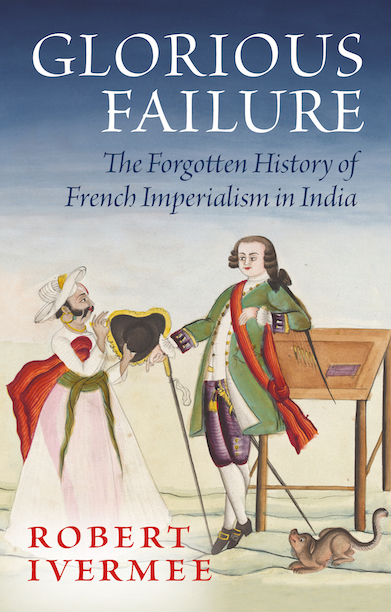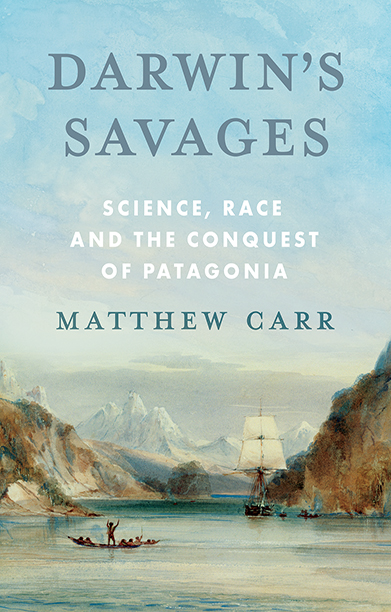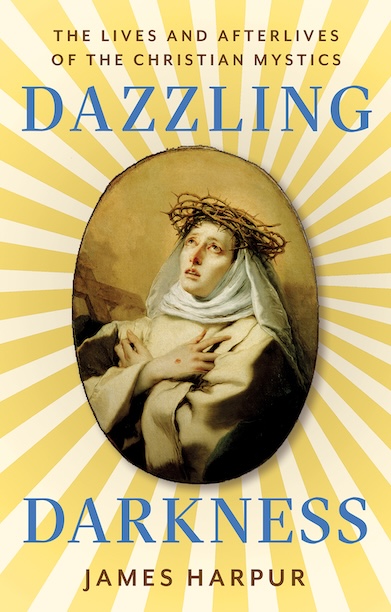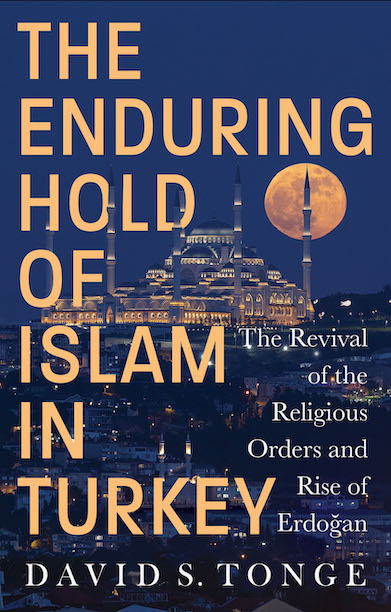Keshab
Bengal's Forgotten Prophet
A new biography of the Bengali philosopher and social reformer who sought to incorporate Christian theology within Hindu thought.
Description
Keshab Chandra Sen (1838-84) was one of the most powerful and controversial figures in nineteenth-century Bengal. A religious leader and social reformer, his universalist interpretation of Hinduism found mass appeal in India, and generated considerable interest in Britain. His ideas on British imperial rule, religion and spirituality, global history, universalism and modernity were all influential, and his visit to England made him a celebrity. Many Britons regarded him as a prophet of world-historical significance.
Keshab was the subject of extreme adulation and vehement criticism. Accounts tell of large crowds prostrating themselves before him, believing him to be an avatar. Yet he died with relatively few followers, his reputation in both India and Britain largely ruined. As a representative of India, Keshab became emblematic of broad concerns regarding Hinduism and Christianity, science and faith, India and the British Empire.
This innovative study explores the transnational historical forces that shaped Keshab’s life and work. It offers an alternative religious history of empire, characterised by intercultural dialogue and religious syncretism. A fascinating and often tragic portrait of Keshab’s experience of the imperial world, and the ways in which he carried meaning for his contemporaries.
Reviews
‘Stevens scythes his way through the unkempt woods of time to remind readers of the pivotal role which Keshab played at a particular moment in history, both as a seeming arbiter of Indian destiny in close links with British colonialism and also as an individual whose fall from grace was nothing less than spectacular.’ — Asian Affairs Journal
‘Much maligned and misunderstood in his days and forgotten thereafter, the genius of Keshab comes alive in these pages. The prophet has at last been redeemed.’ — Professor Amiya P. Sen, Dept. of History and Culture, Jamia Millia Islamia, New Delhi, and author of Rammohun Roy: A Critical Biography
‘Colonial India produced few figures as fascinating as Keshab Chandra Sen, the Brahmo reformer and apostle of East-West harmony. Stevens situates Keshab within the capillaries of transnational reform, highlighting a complex subjectivity pledged to the performance of both Indian and global identities. Keshab emerges as a prophet inspired—and constrained—by the binaries of his age.’ — Brian A. Hatcher, Professor and Packard Chair of Theology, Tufts University
‘Stevens provides a fascinating and timely account of Keshab’s varied reception in both India and Britain. In exploring the mission of this contentious, and now often neglected, ‘prophet’, Stevens reveals the intractable nature of the problems Keshab sought to address, many of which remain with us to this day.’ — Gwilym Beckerlegge, Professor of Modern Religions, The Open University, author of Swami Vivekananda’s Legacy of Service
Author(s)
John A. Stevens is a Leverhulme Postdoctoral Fellow at SOAS, University of London. His PhD in History is from University College London.
